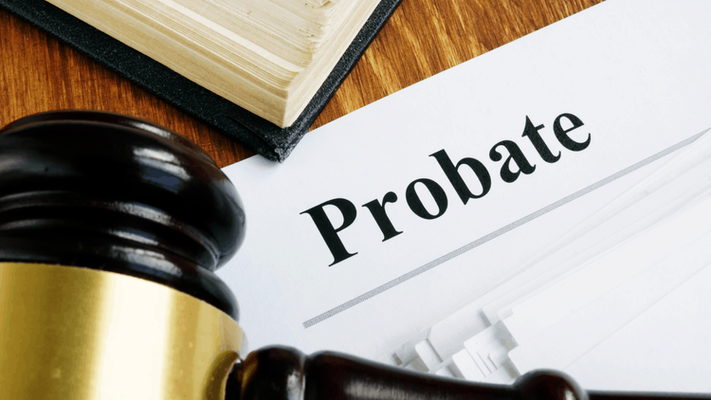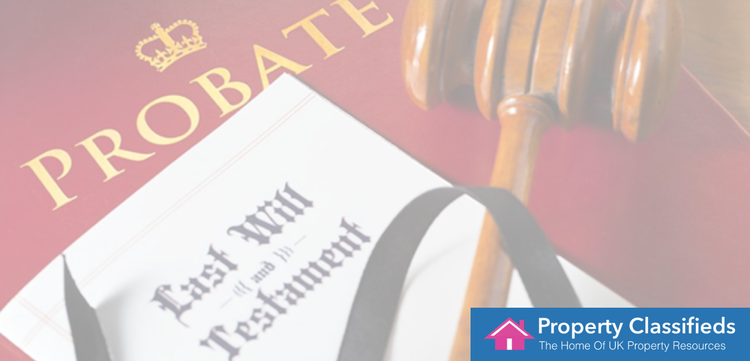Can an Investor Get a UK Residency by Buying a Property in London?

If you’re an investor researching how to get a British residency, you may be wondering if you can secure a visa through buying property. Many countries around the world offer such schemes, which fast-track you to a visa or passport if you buy a home. Spain, Portugal and Ireland are just a few of these nations. The UK used to provide this option, but unfortunately the legal situation has changed. However, living in the UK – particularly London – still offers a multitude of benefits for foreign investors. London is the business centre of the world, and the UK offers internationally-renowned education, unbeatable healthcare and a favourable tax regime. As a result, there are still many reasons to buy a property in London . Most importantly, buying a home in the UK can still be a crucial step towards residency. Here, we outline the legal situation for foreign investors hoping to get a visa. In addition, we look at the role property investment can play in the process. Can Buying a Property ...


